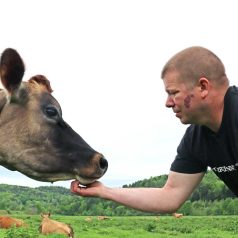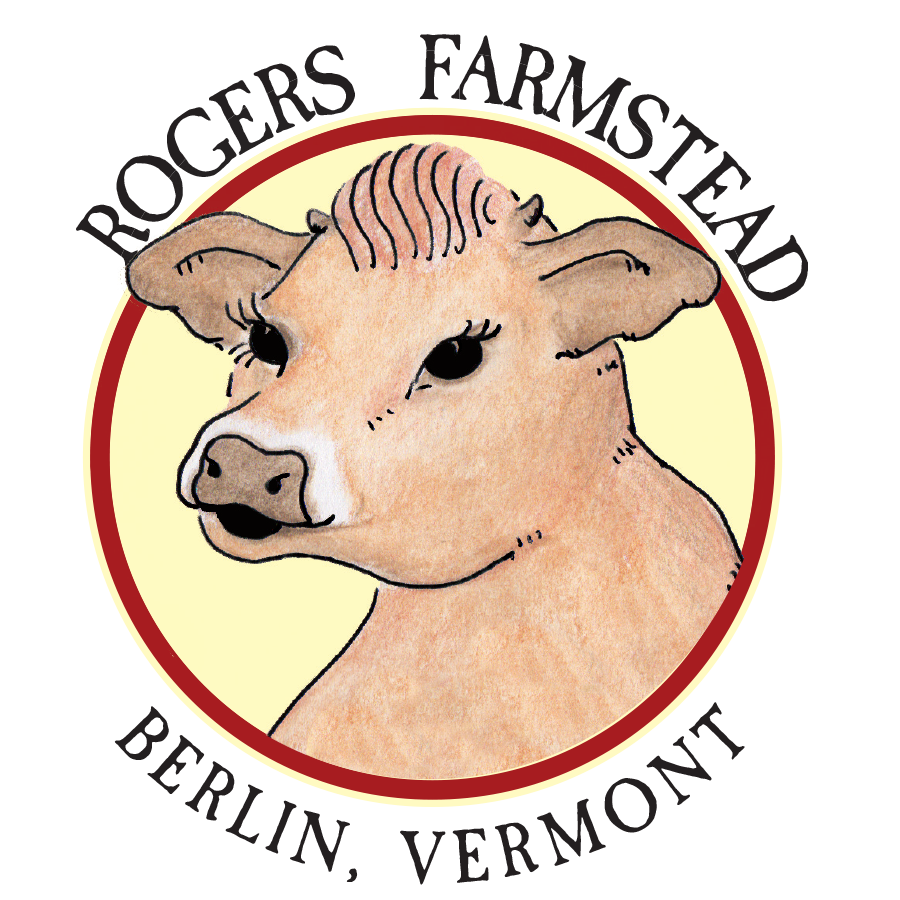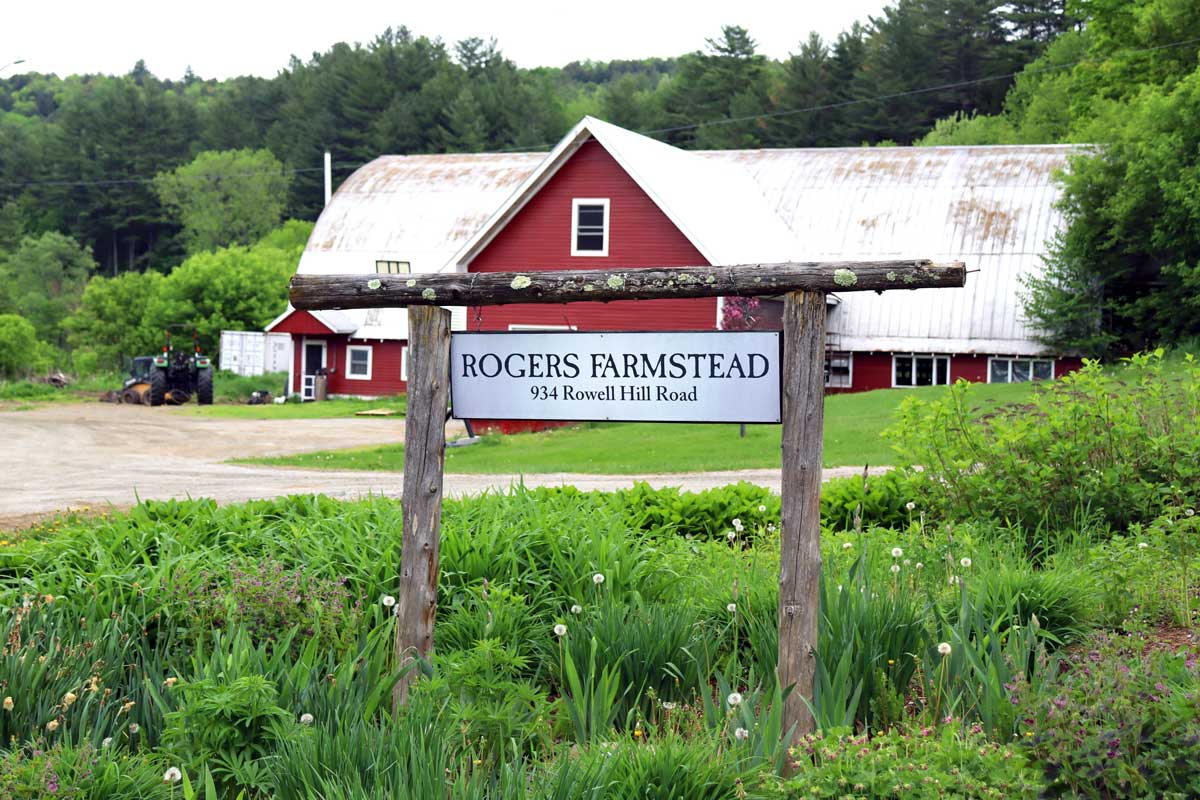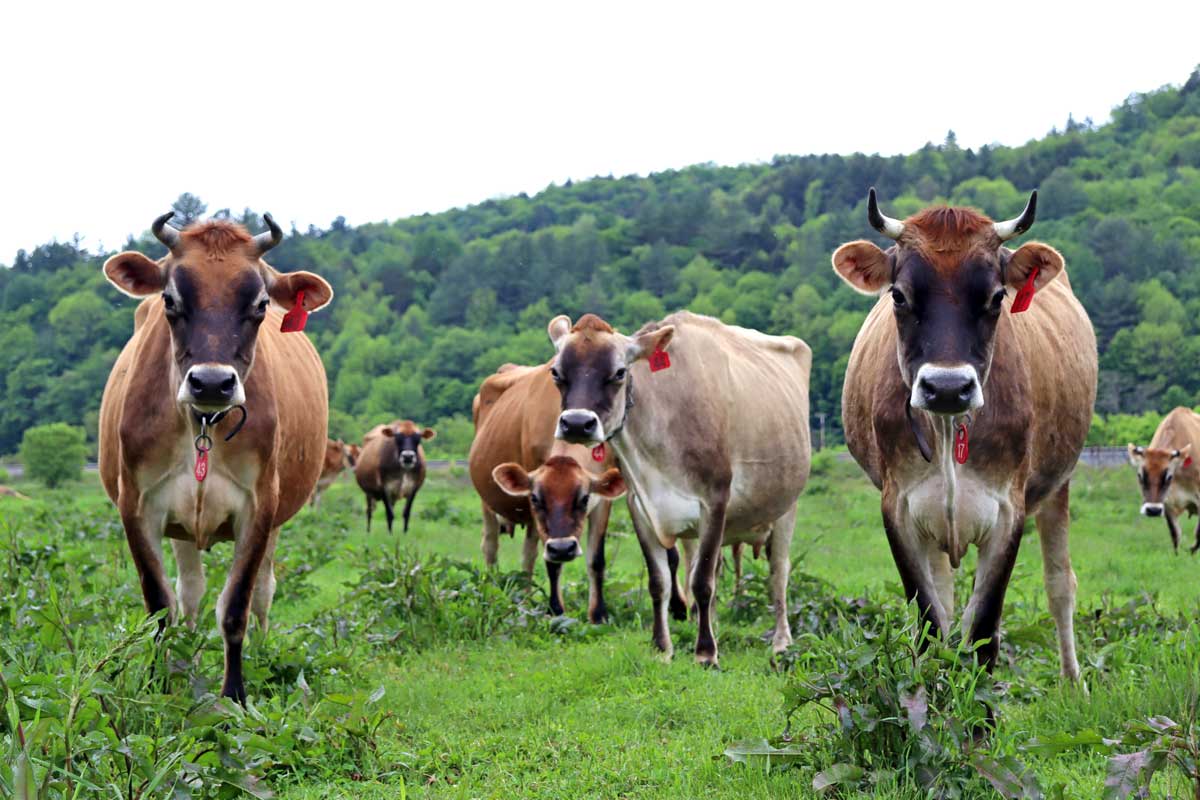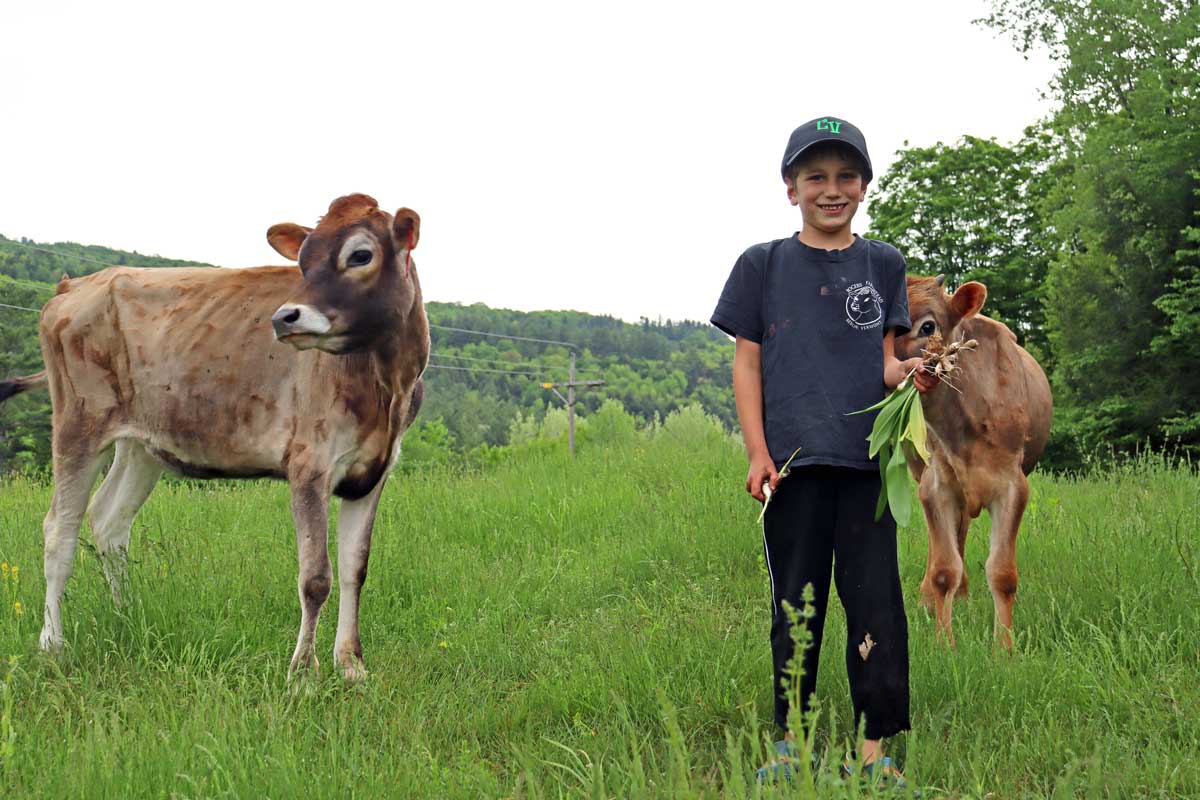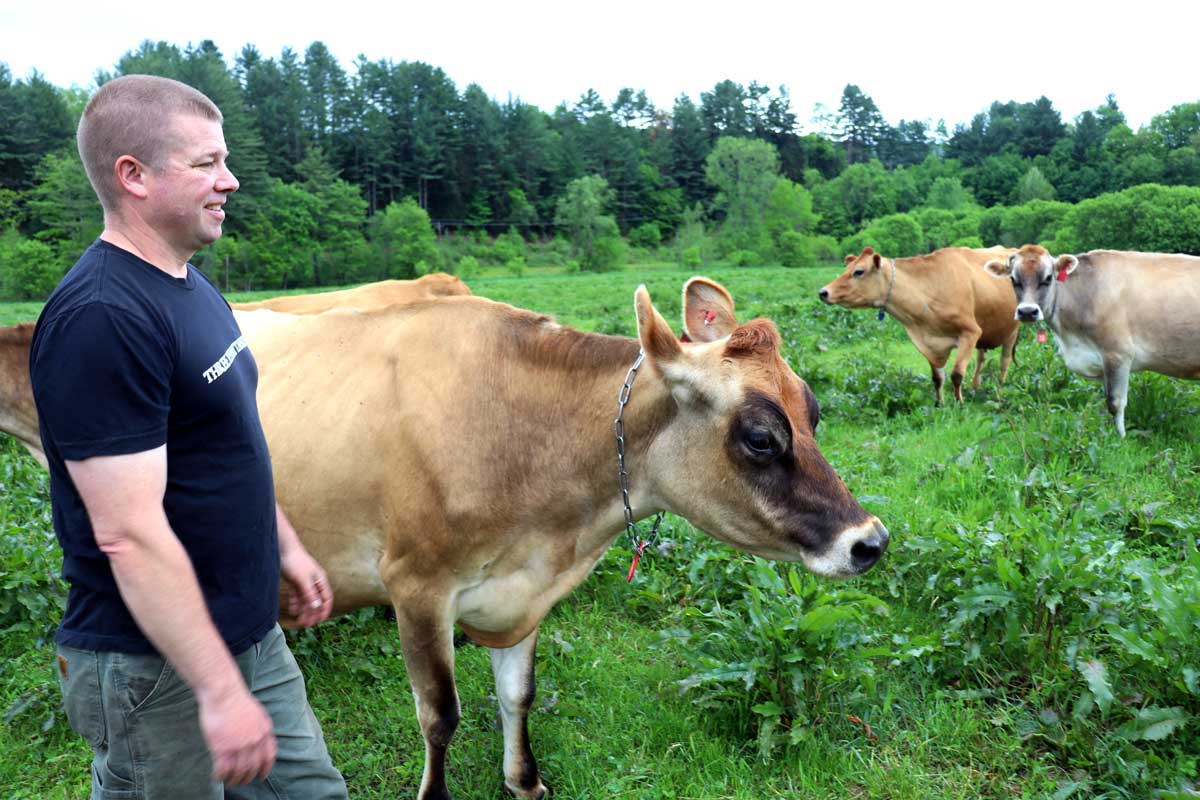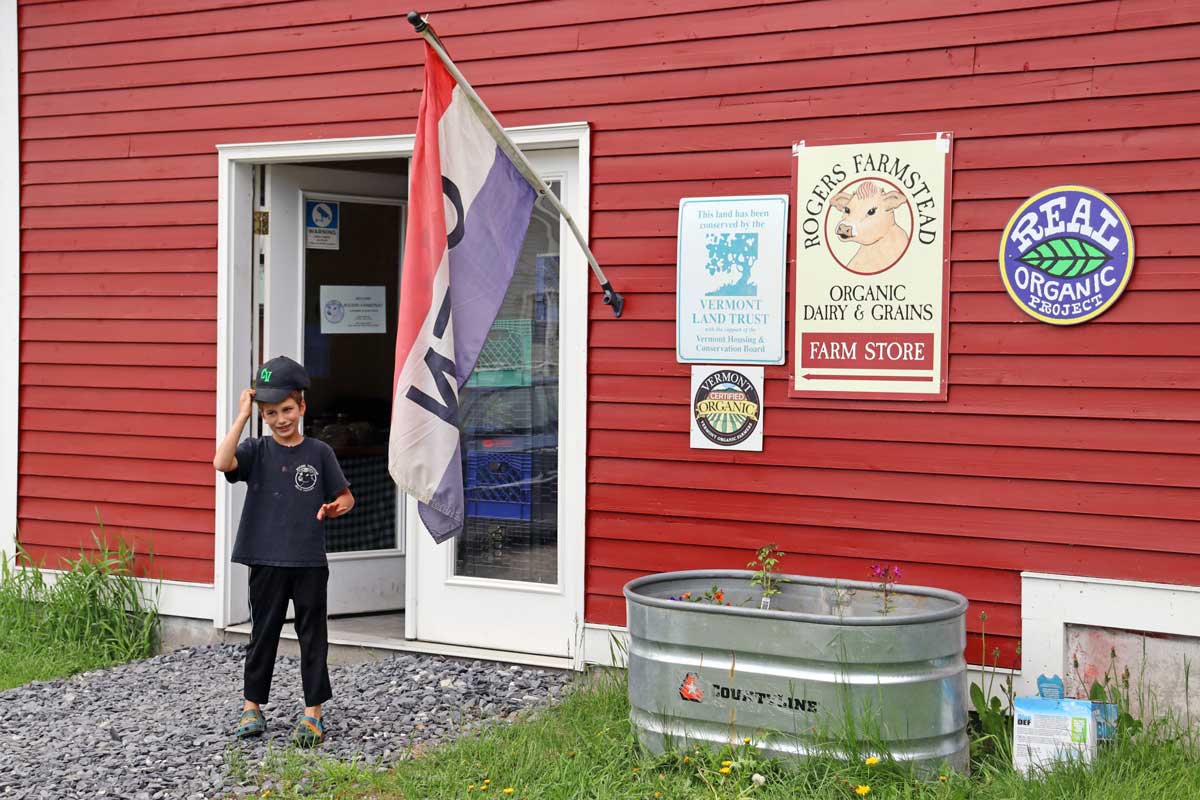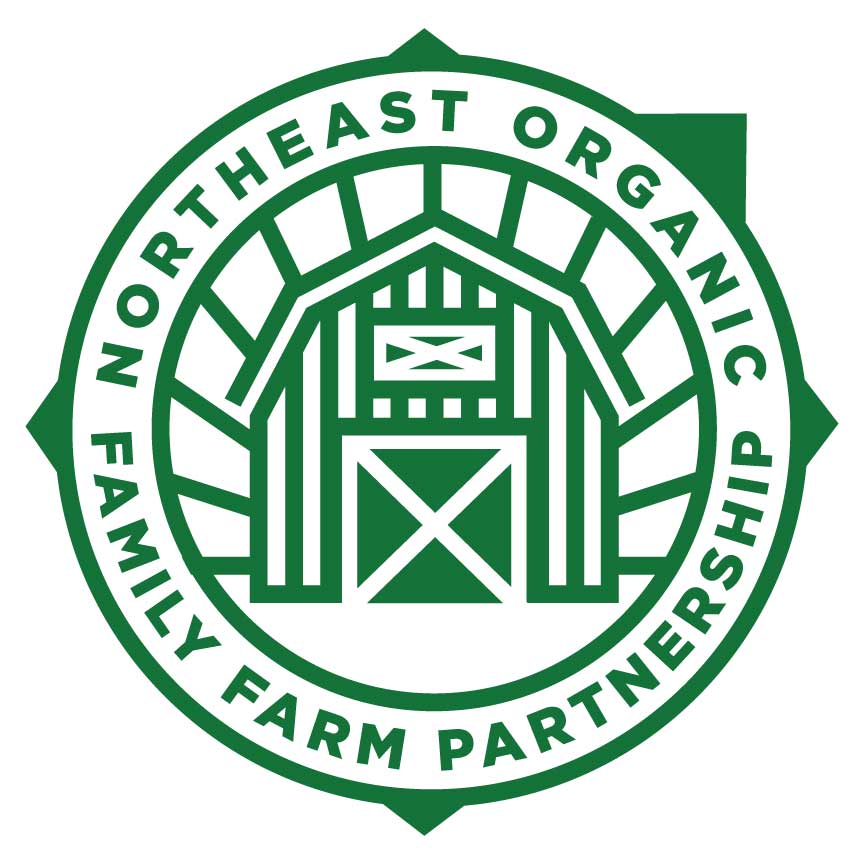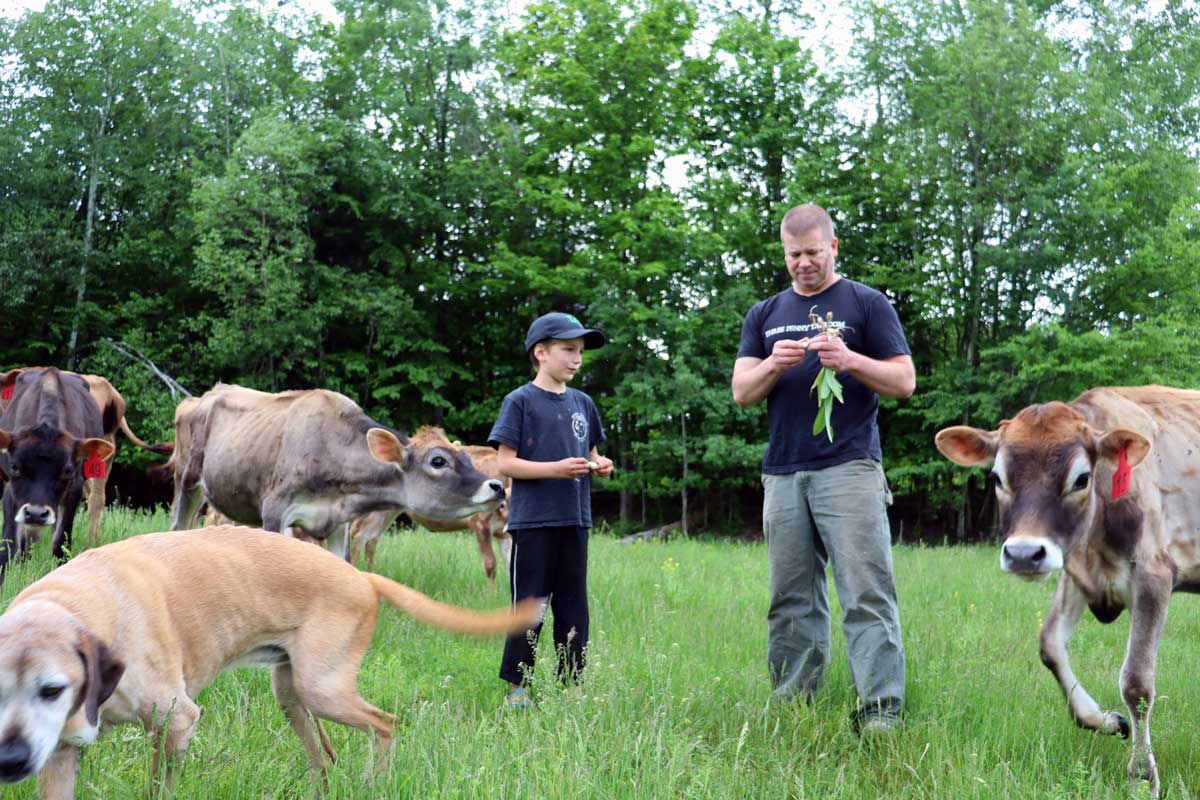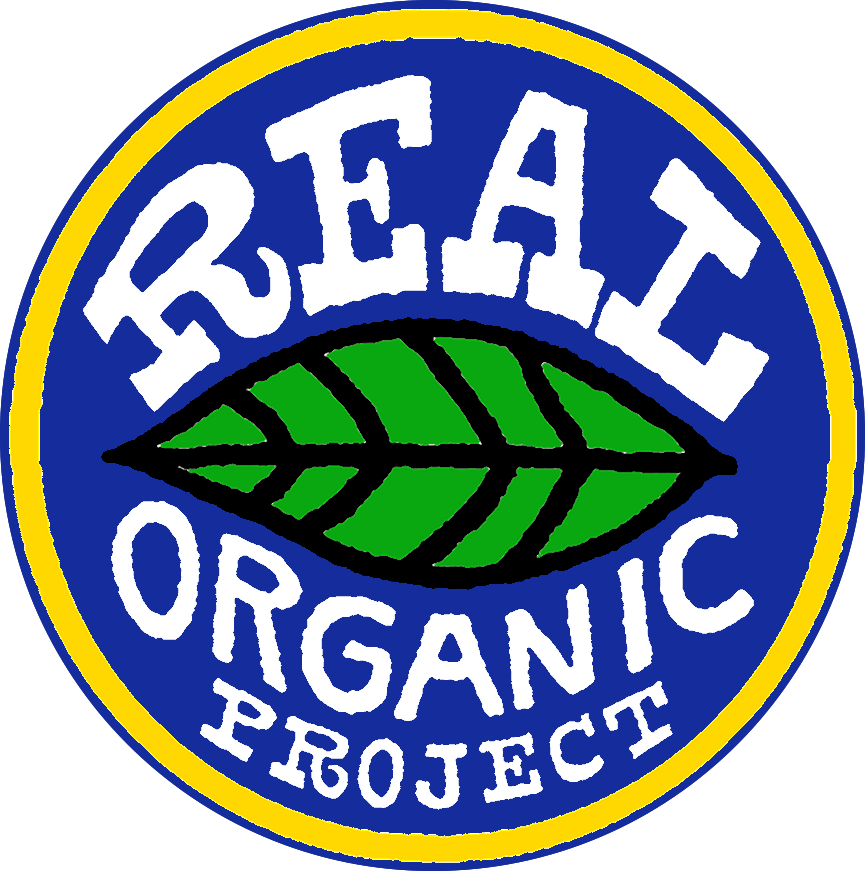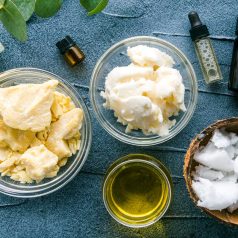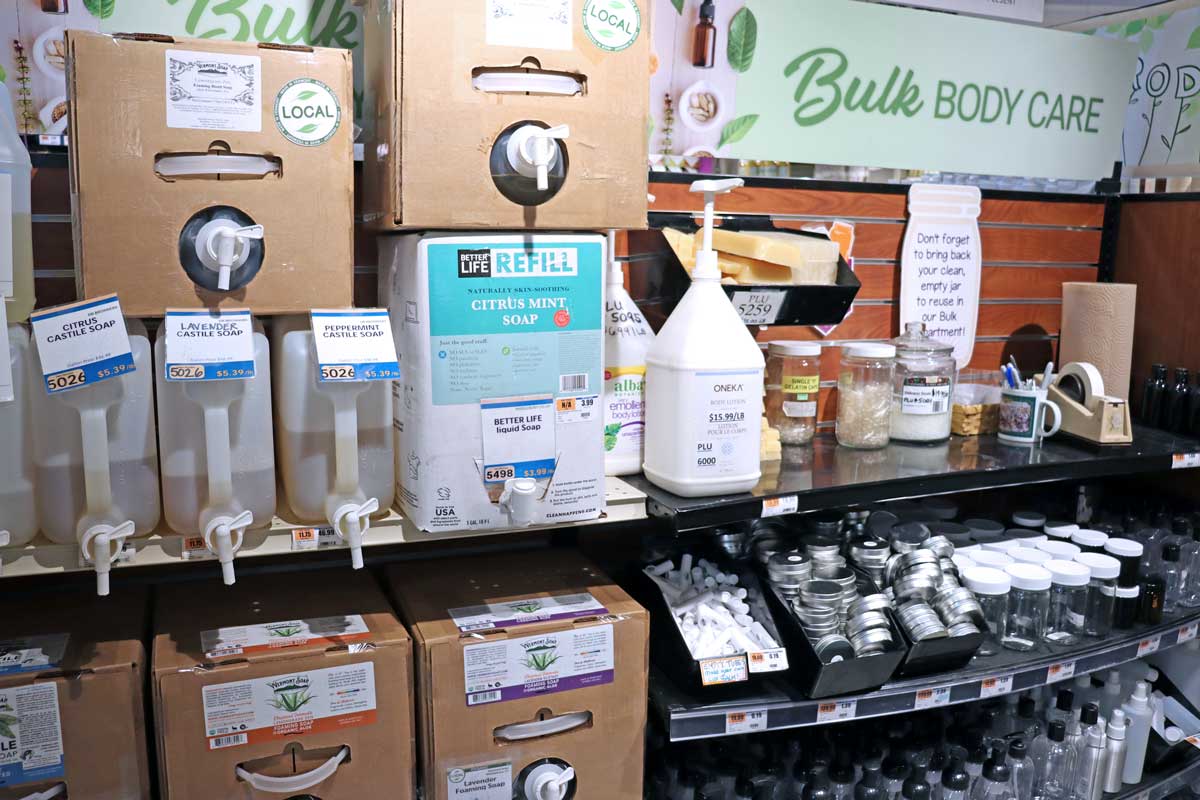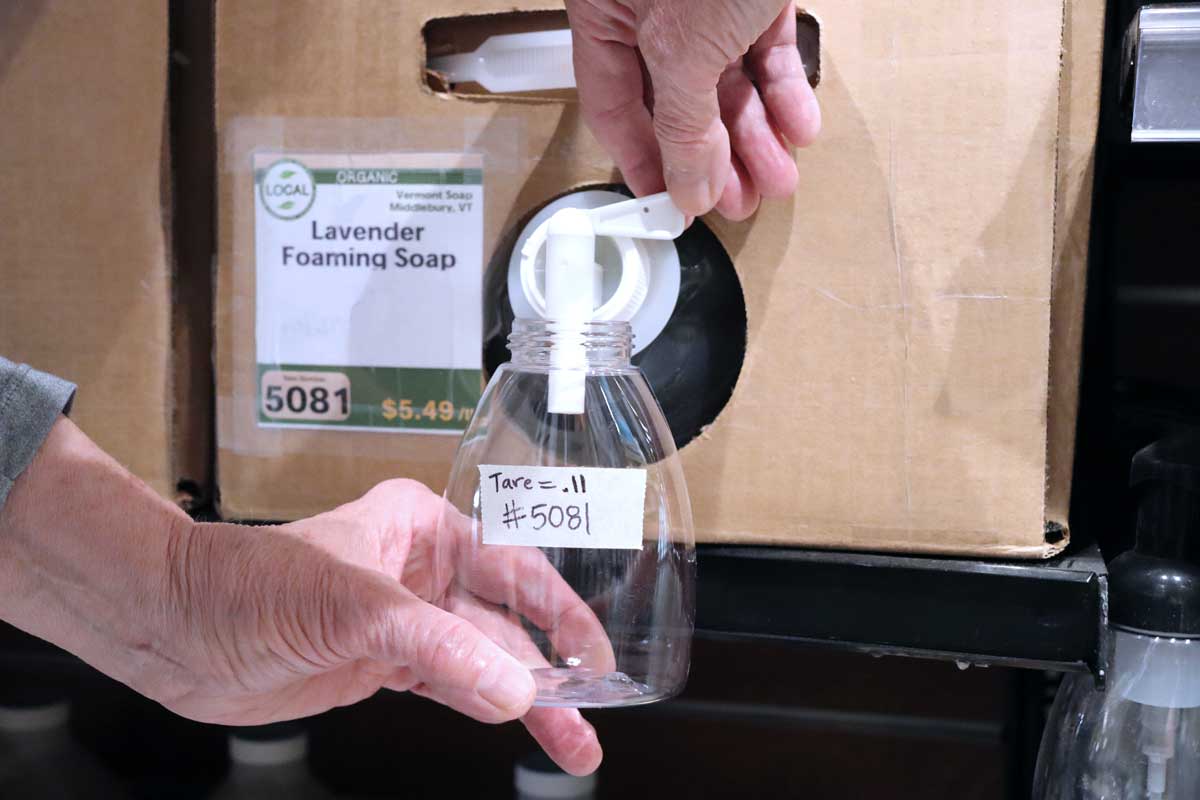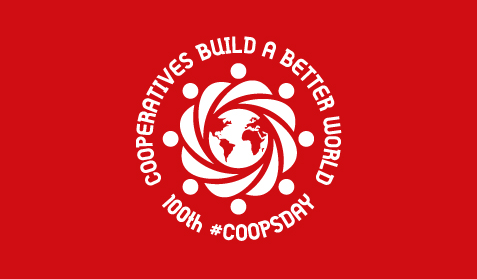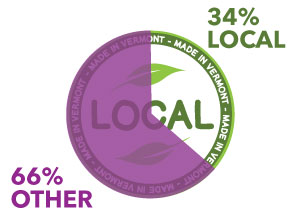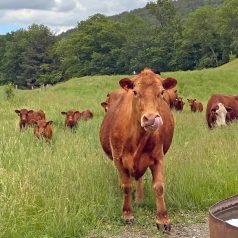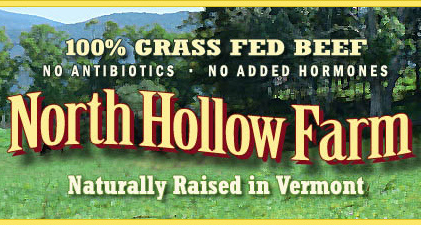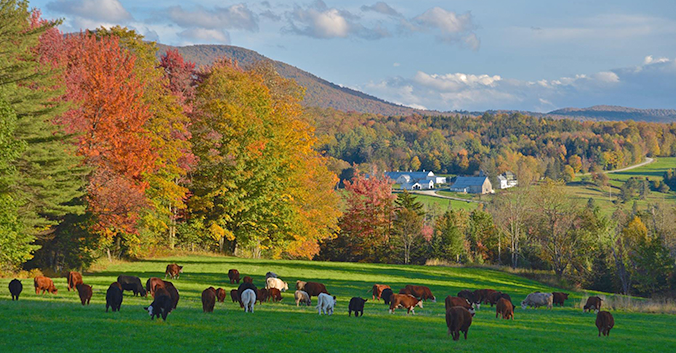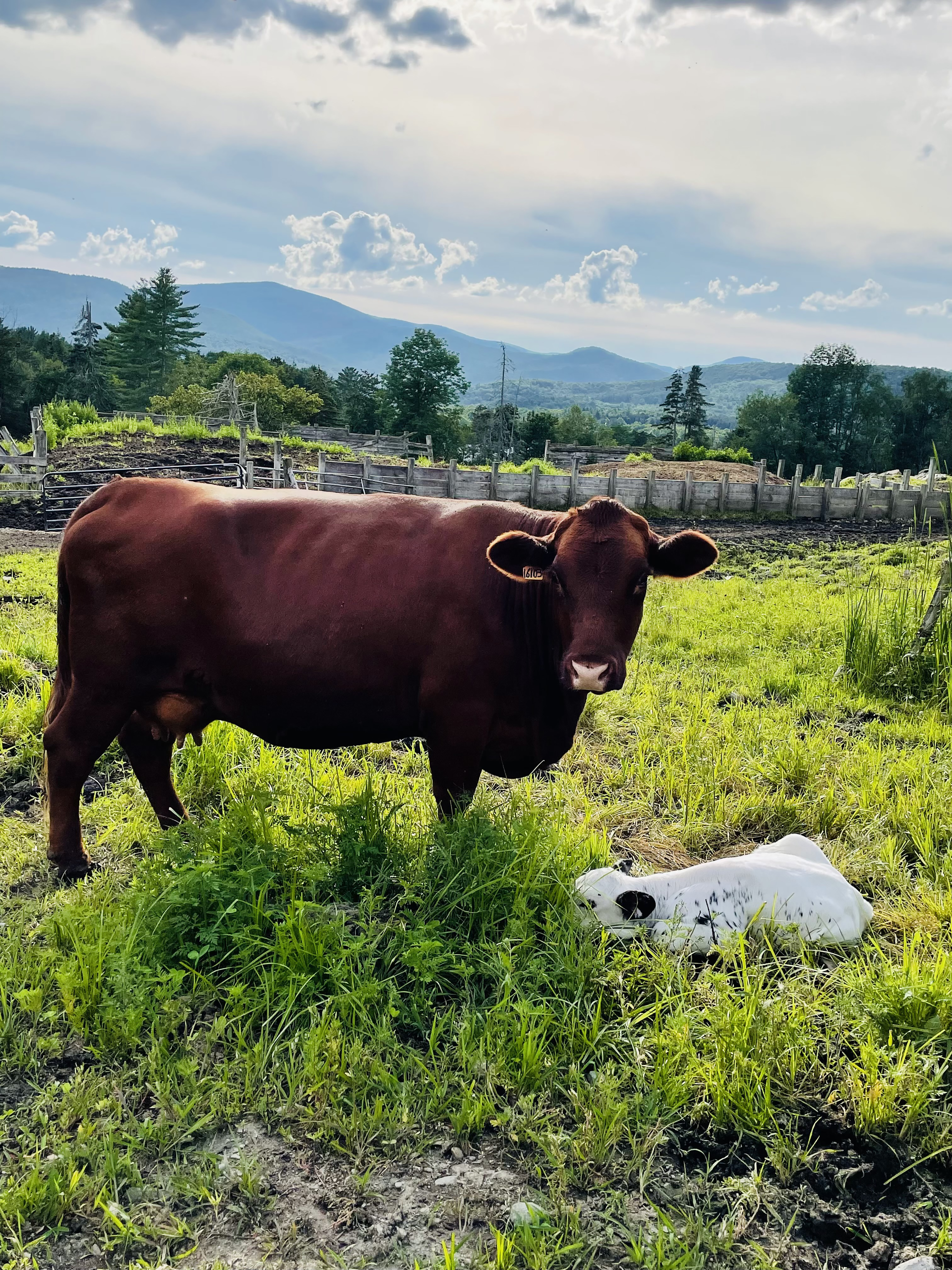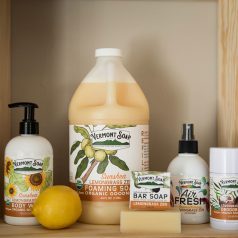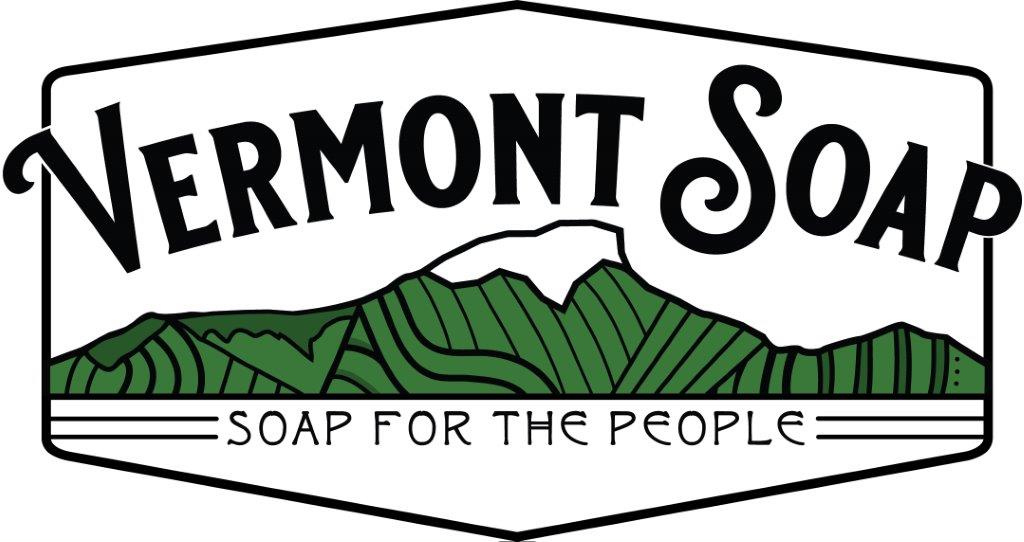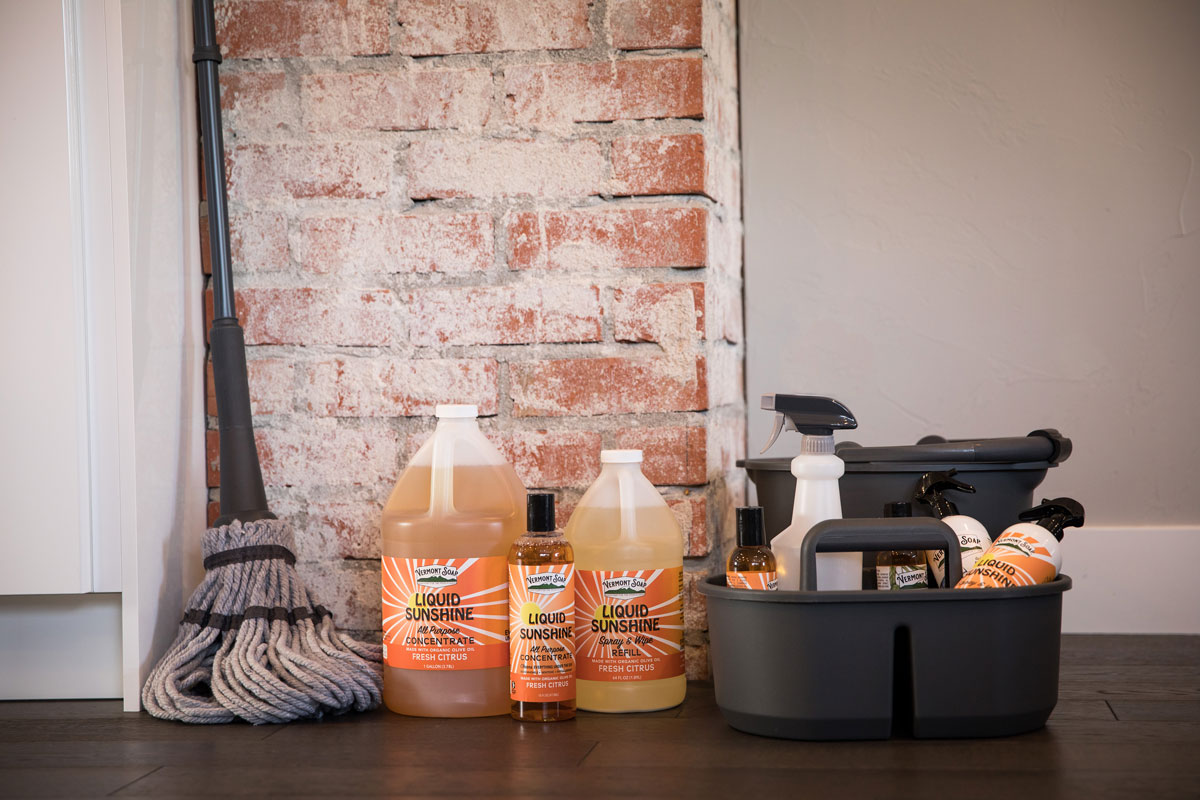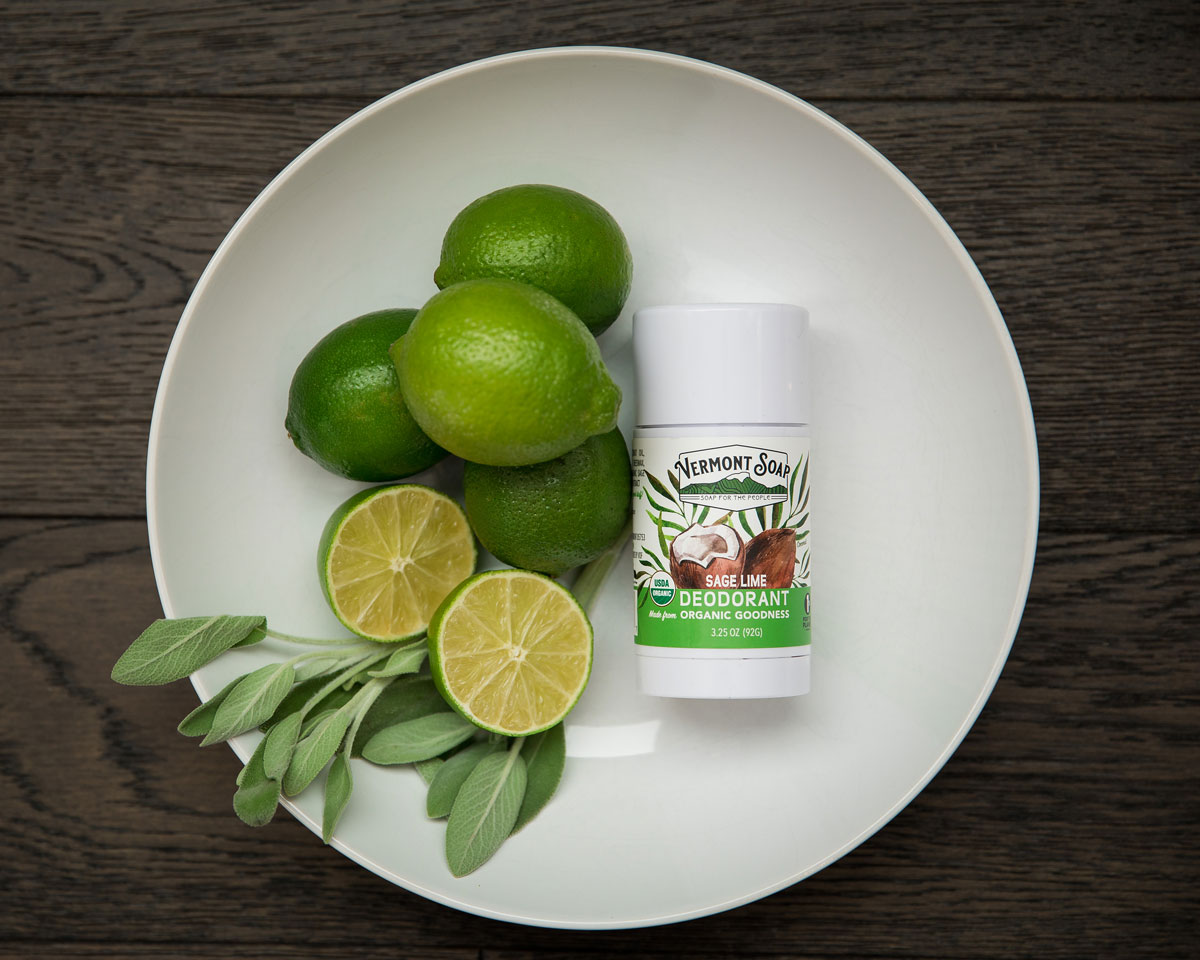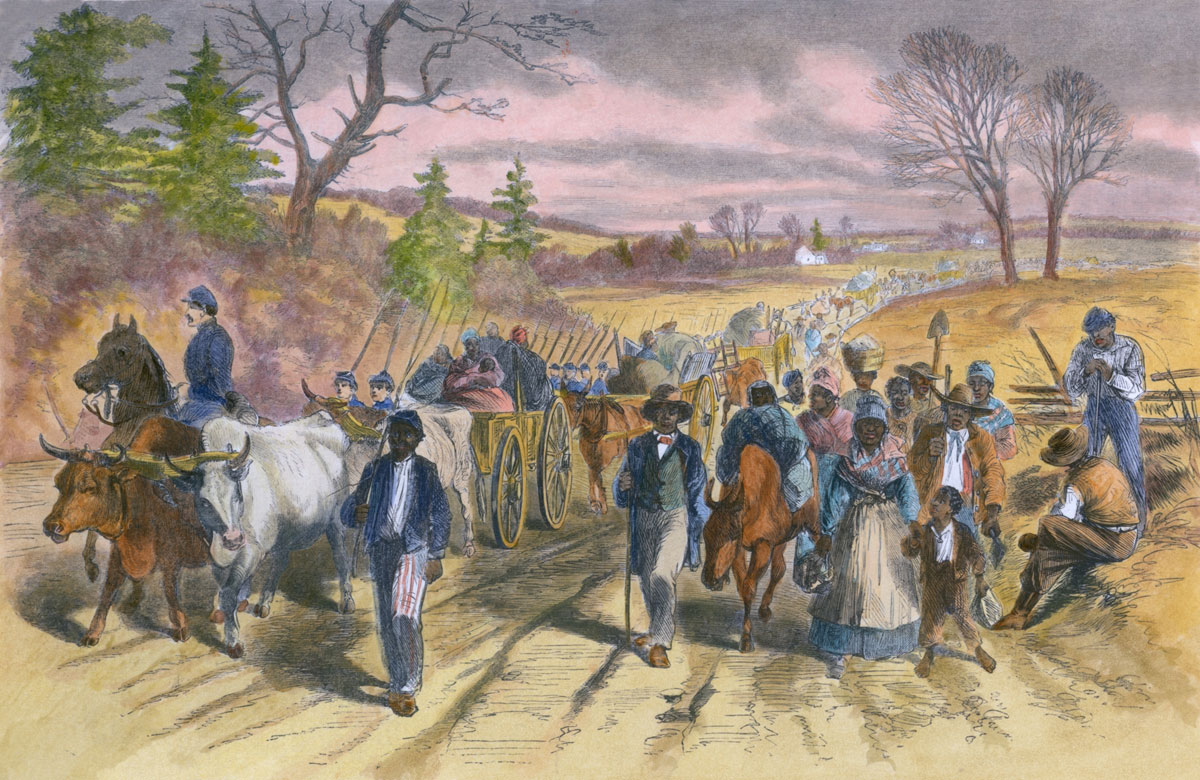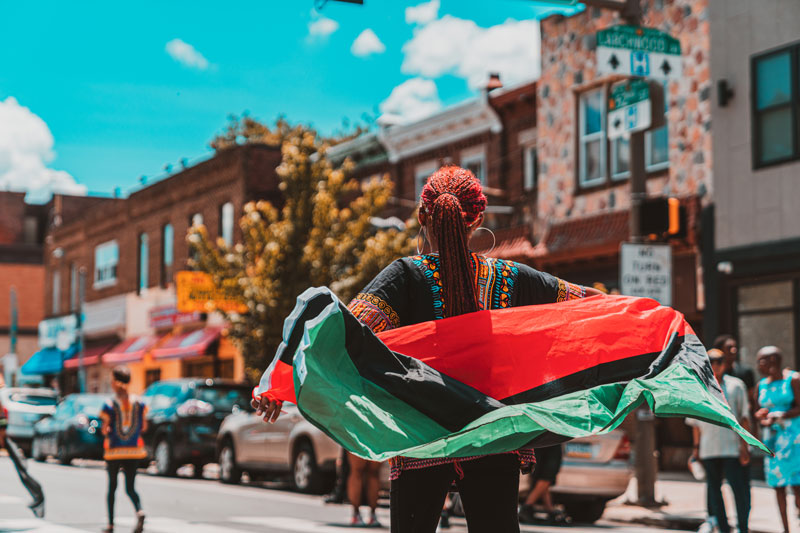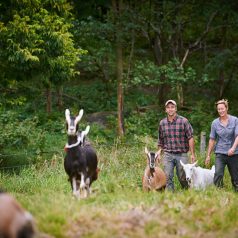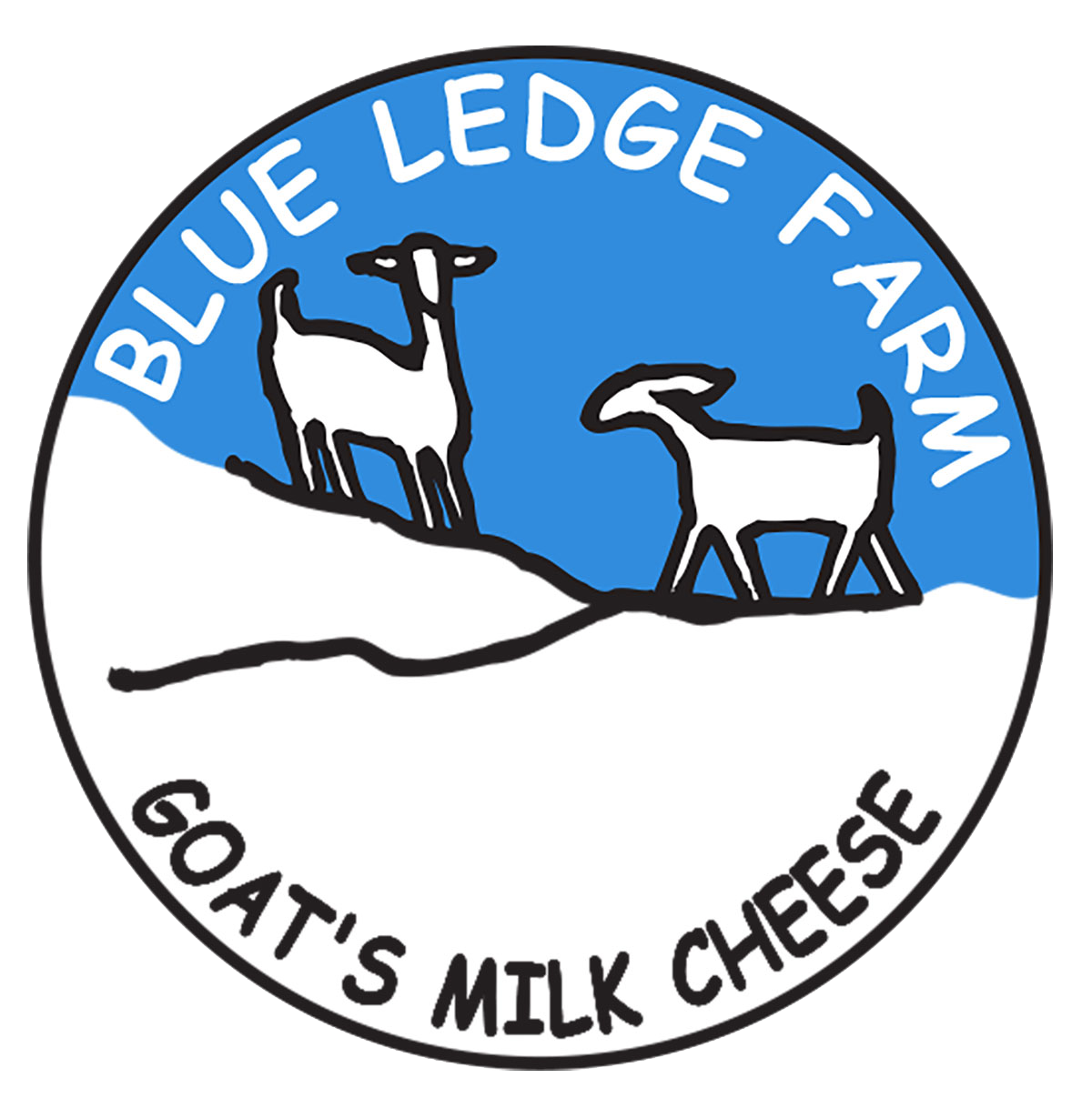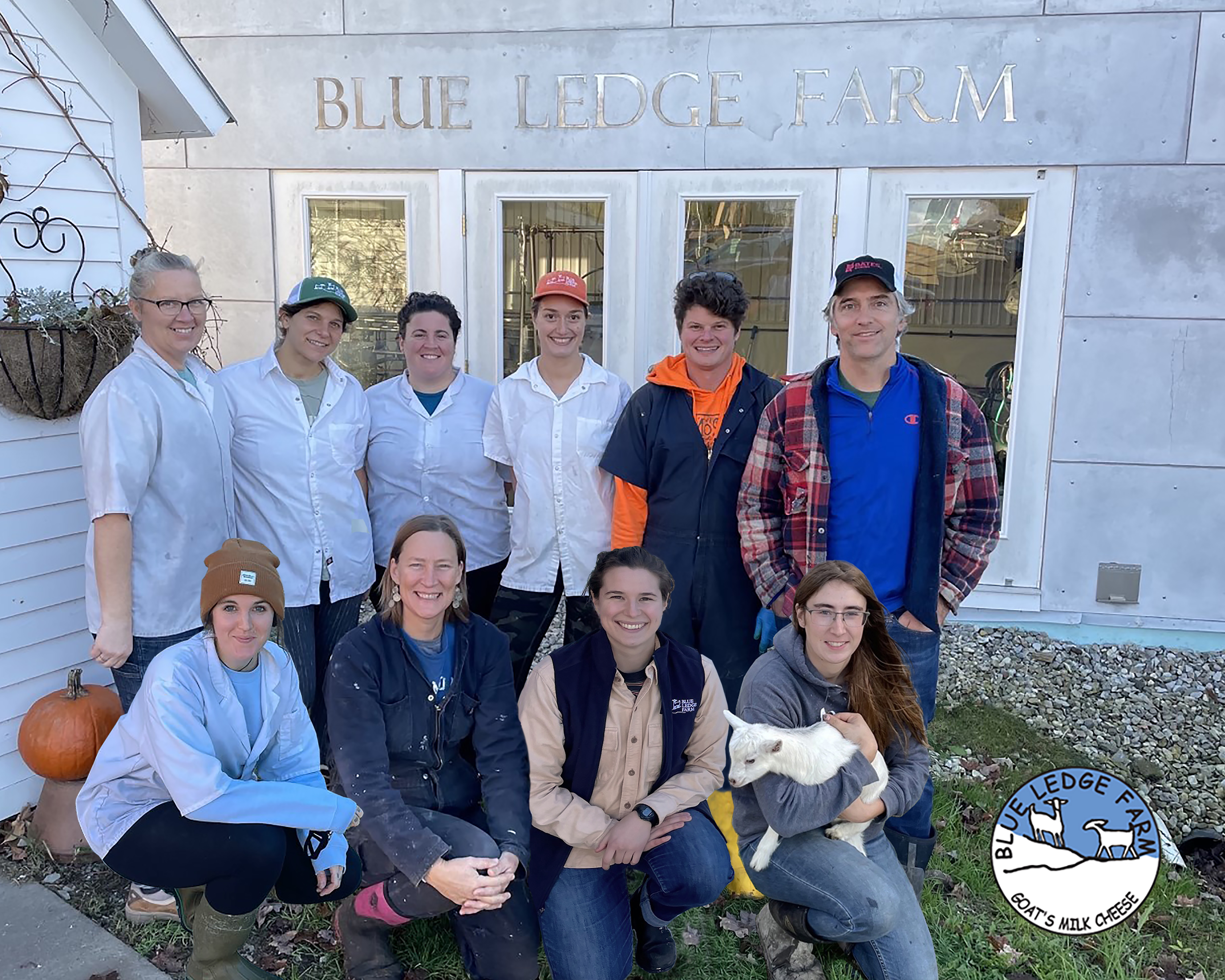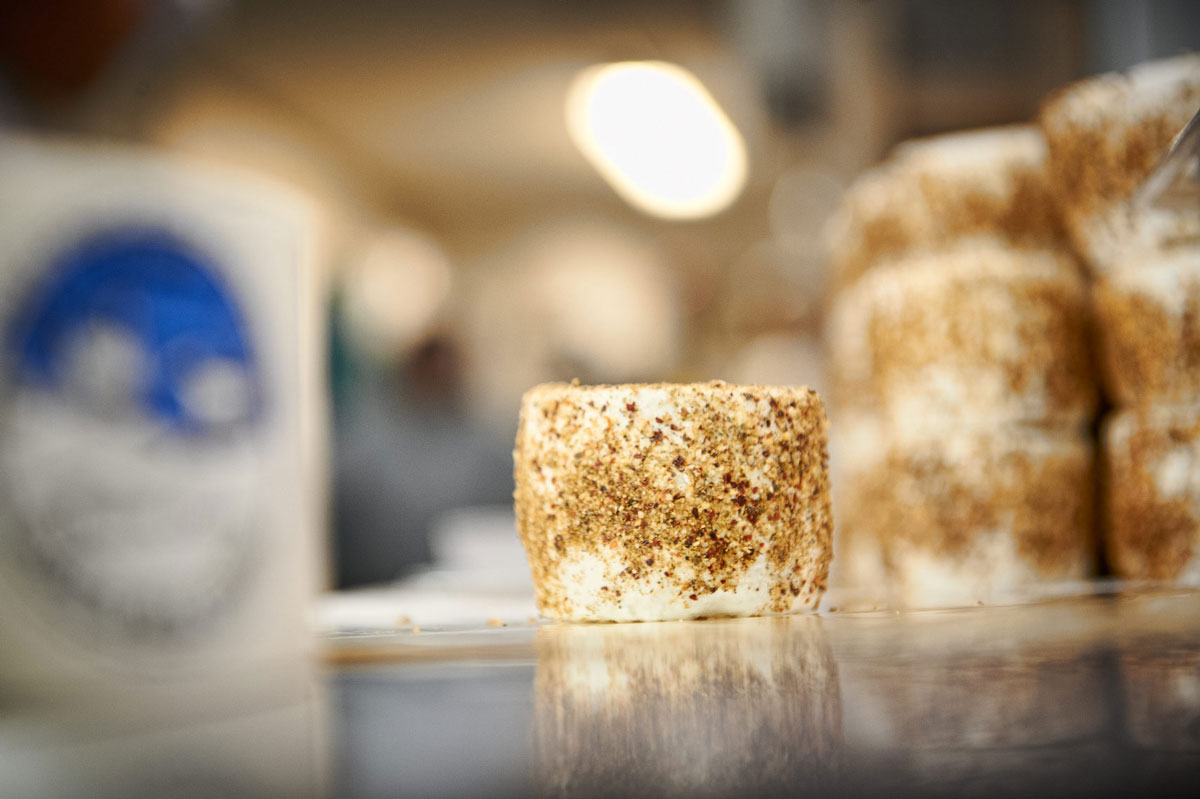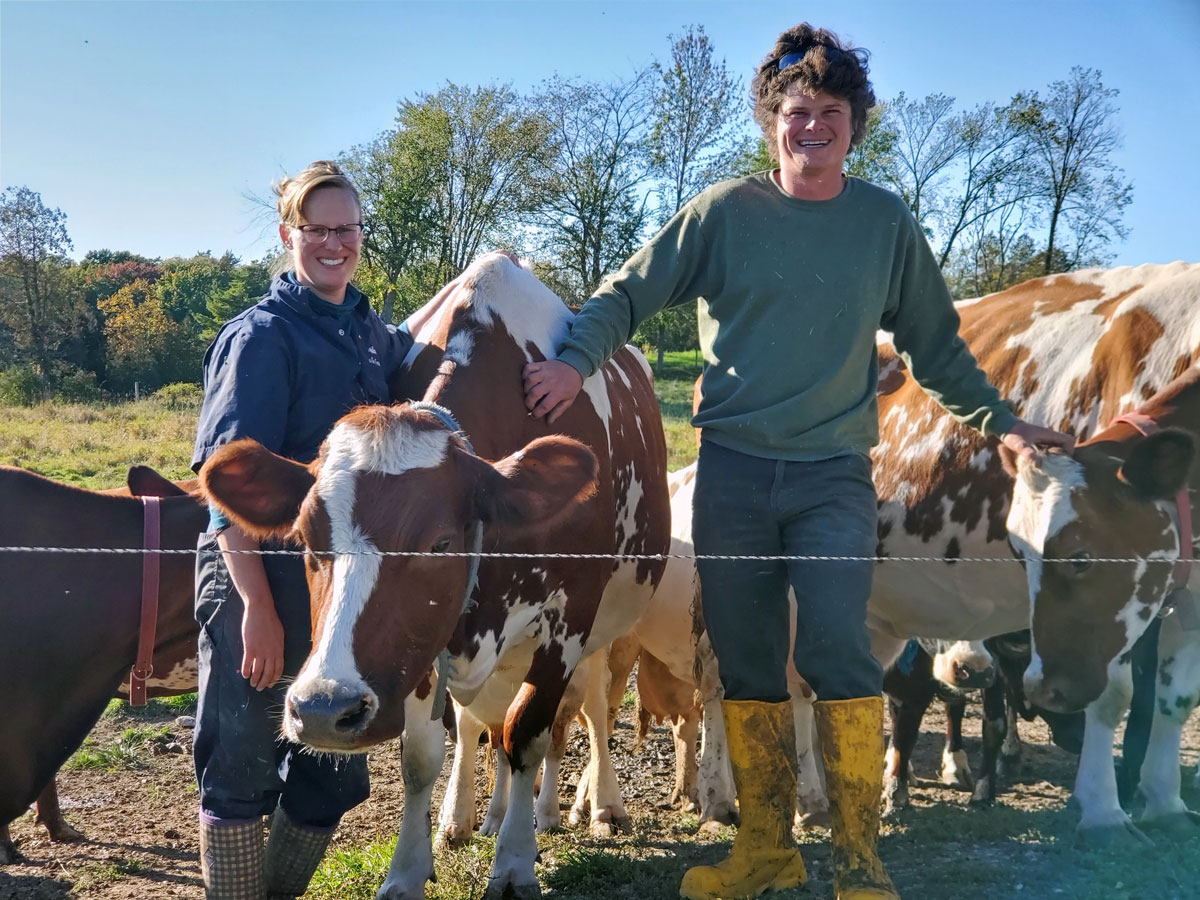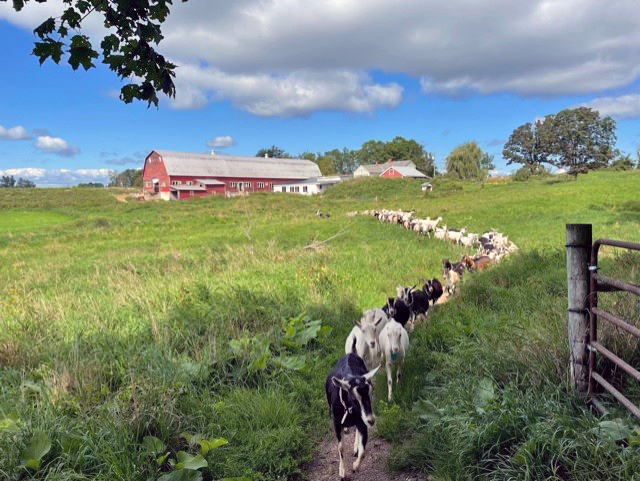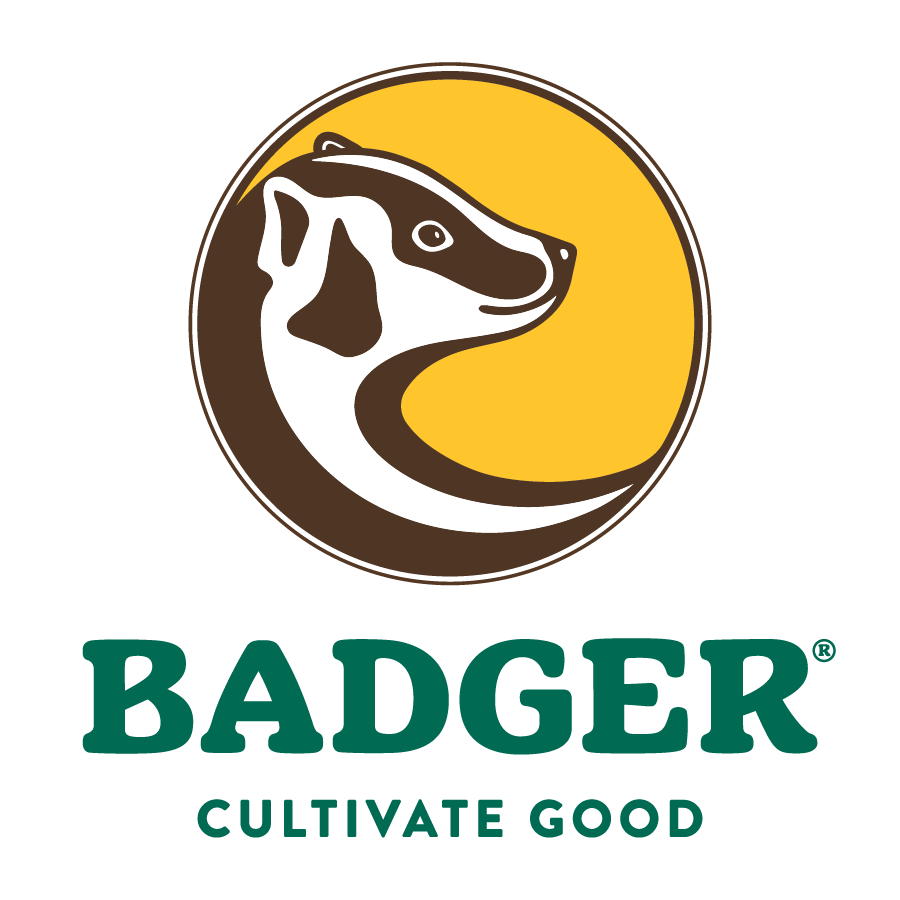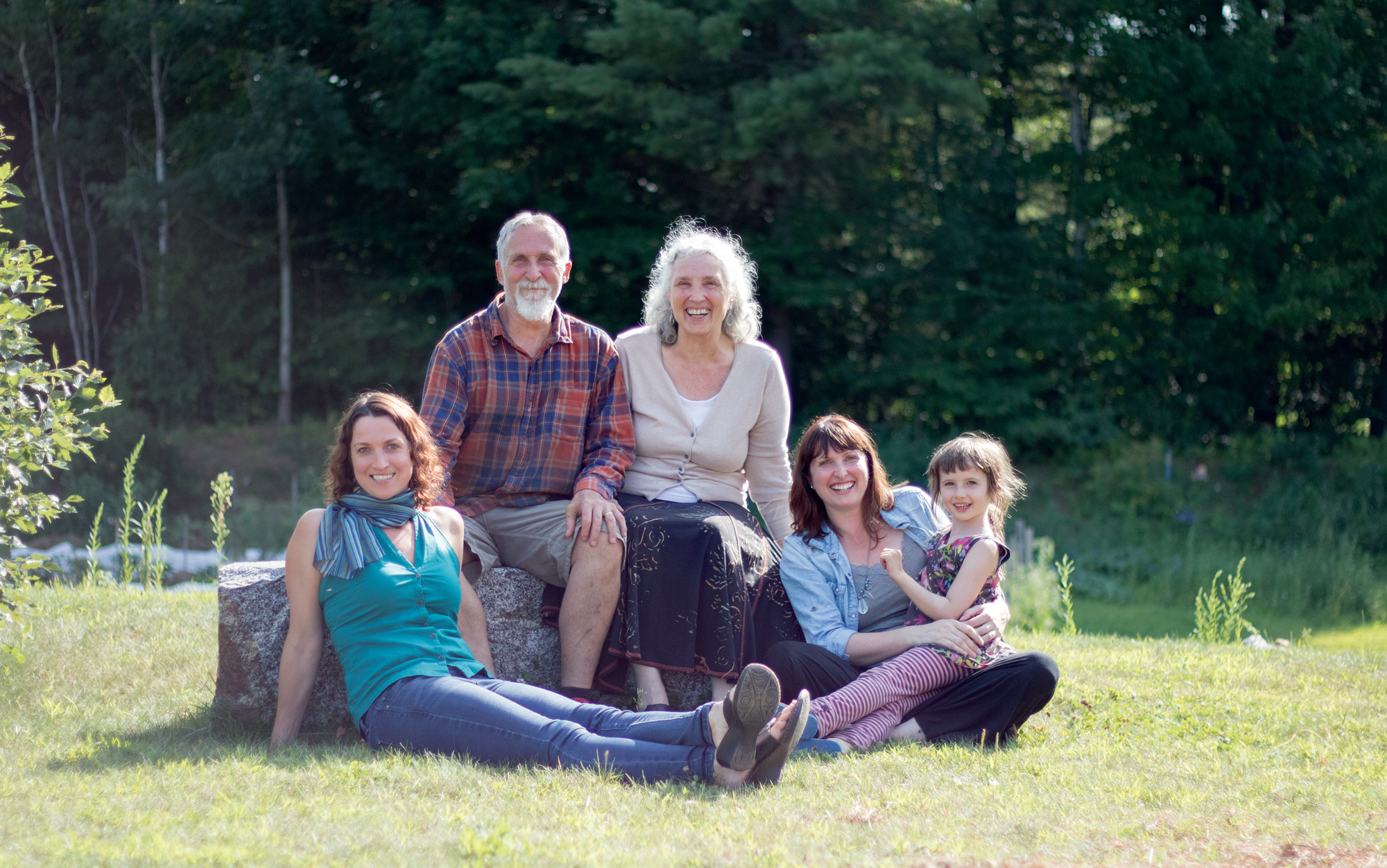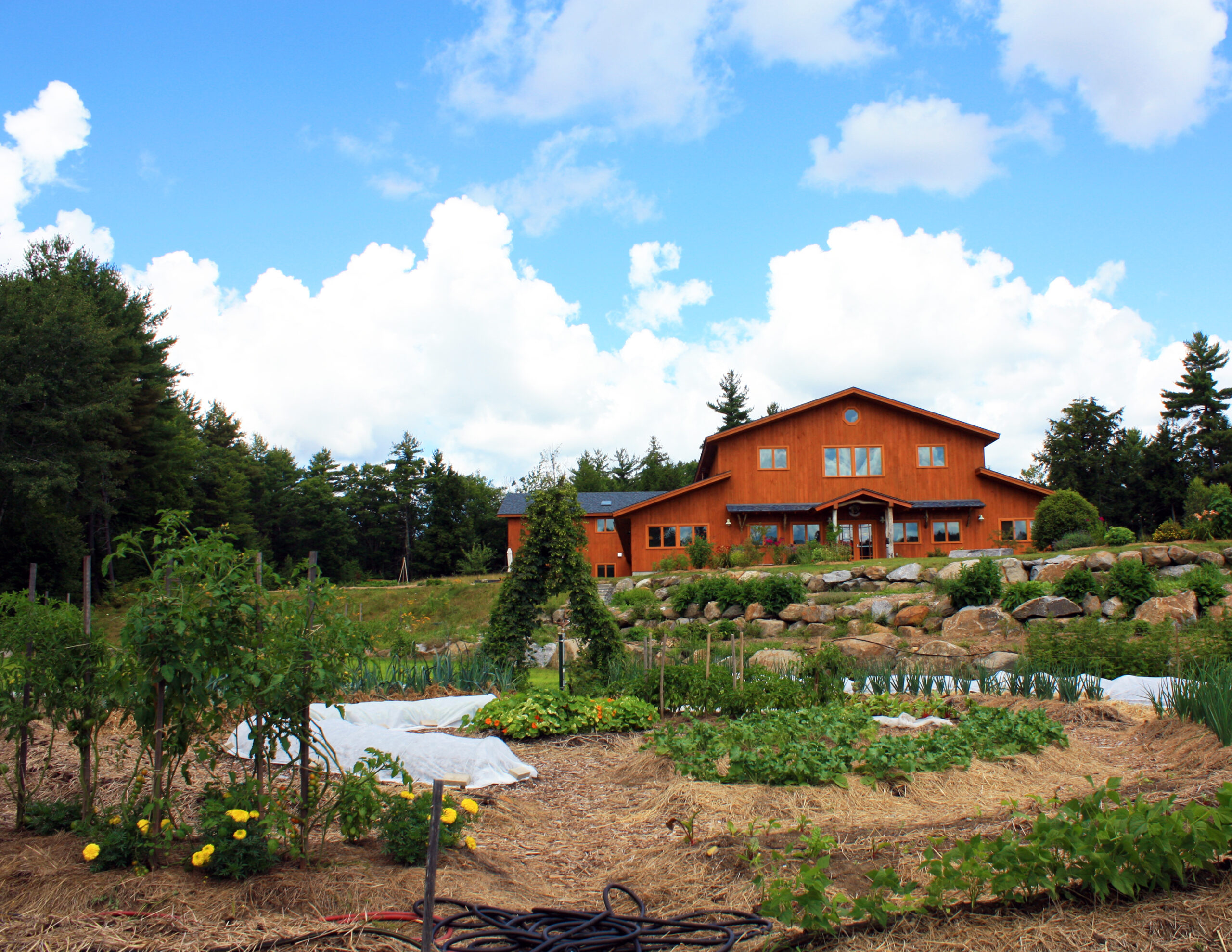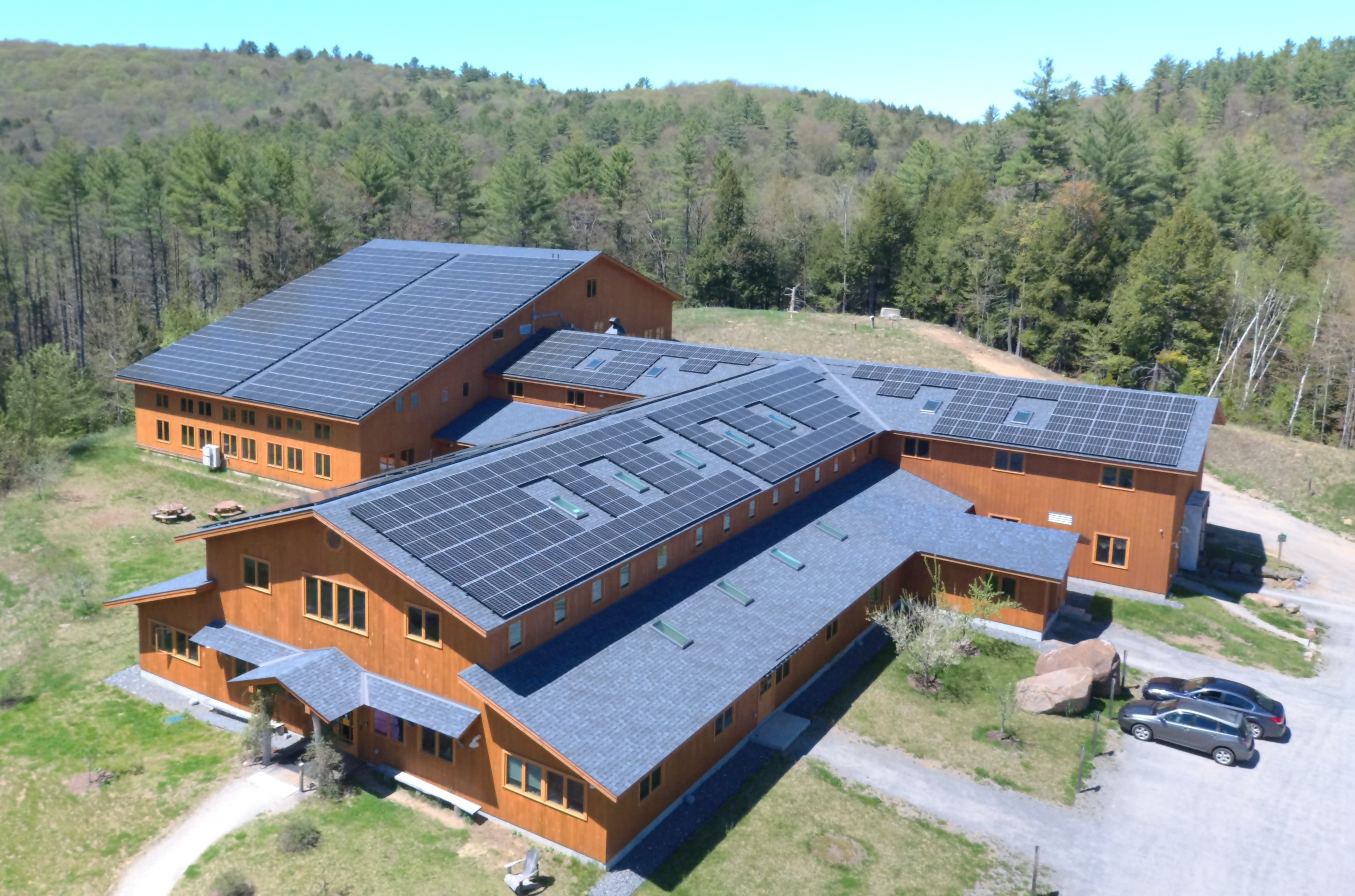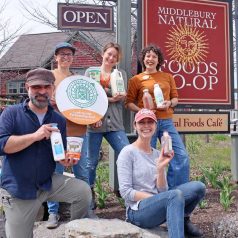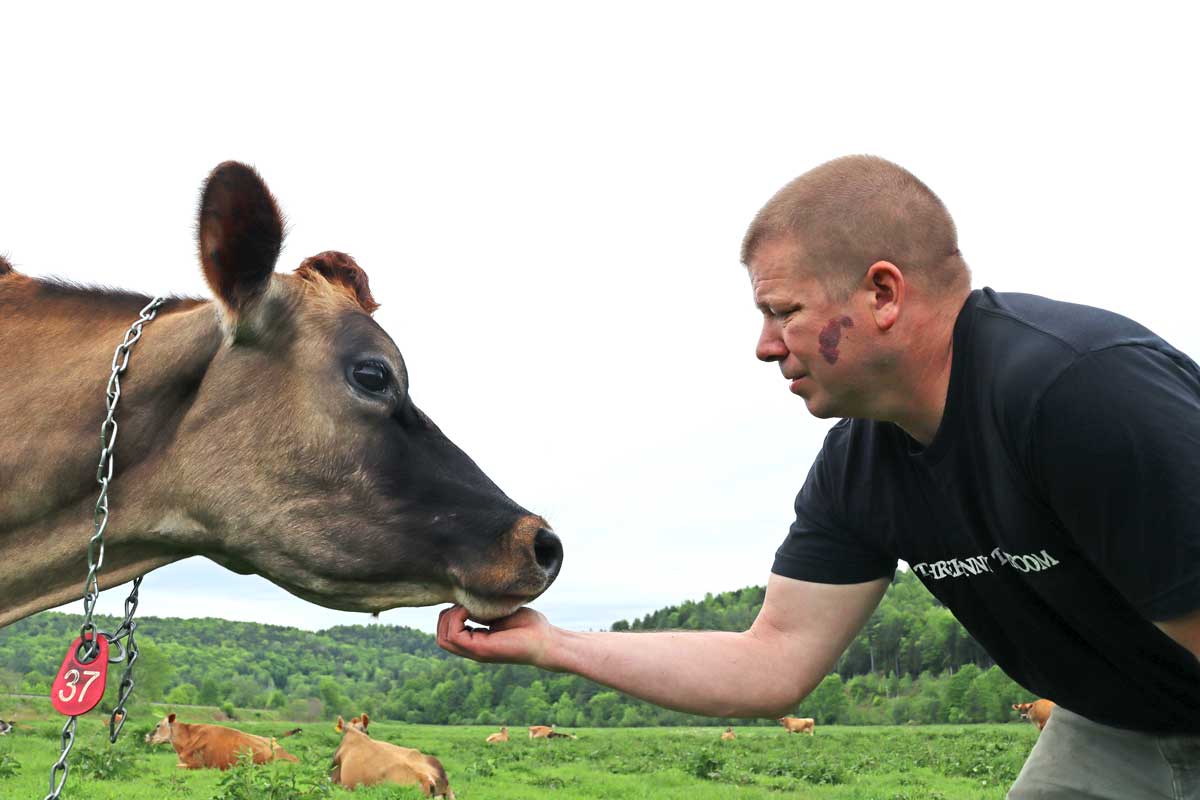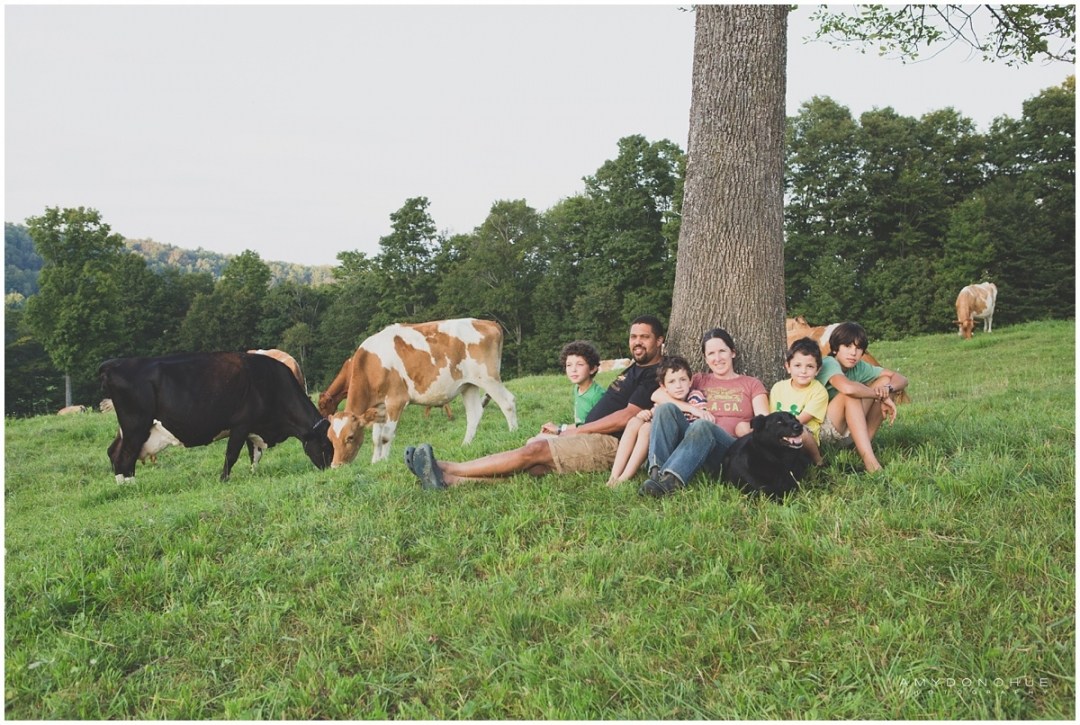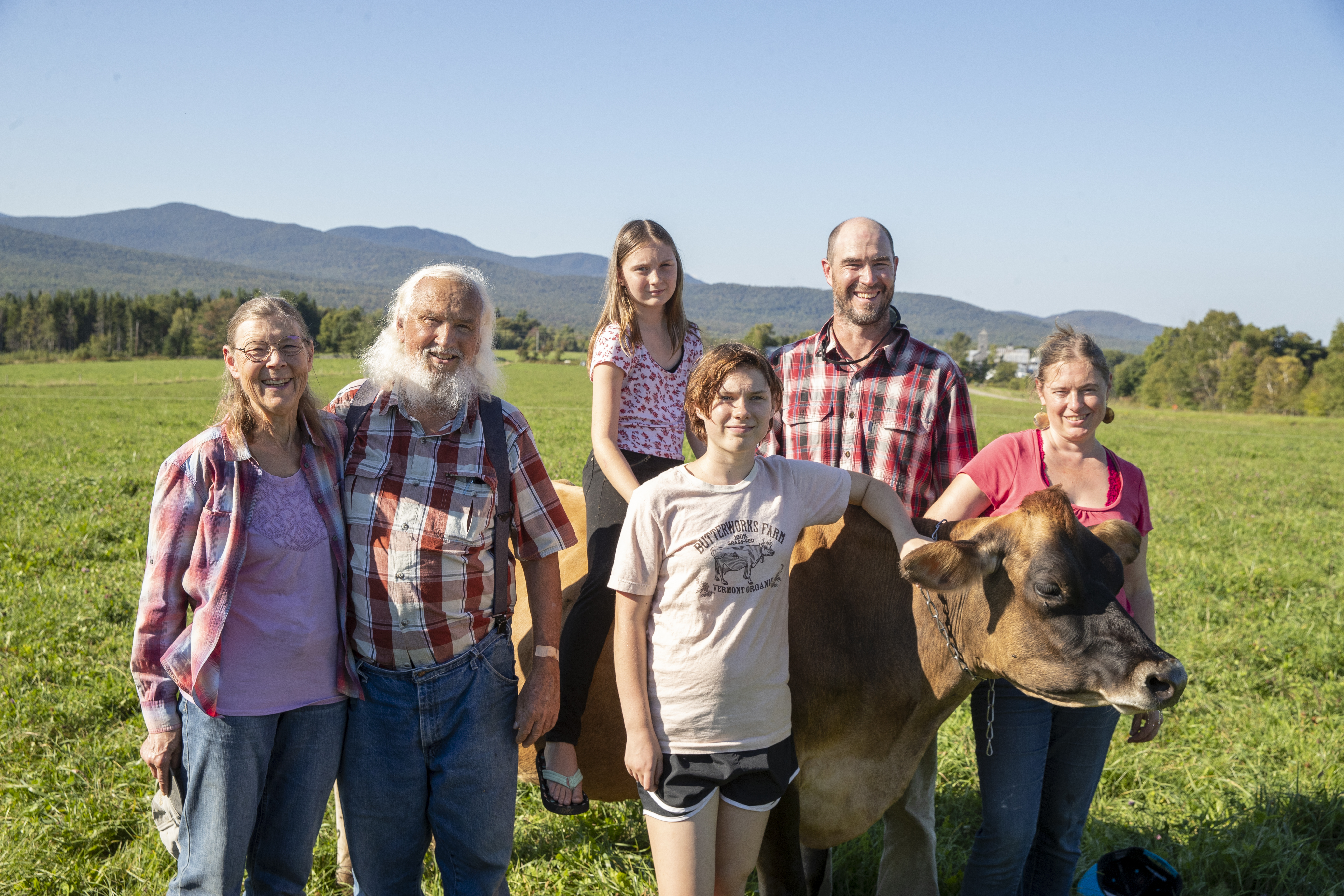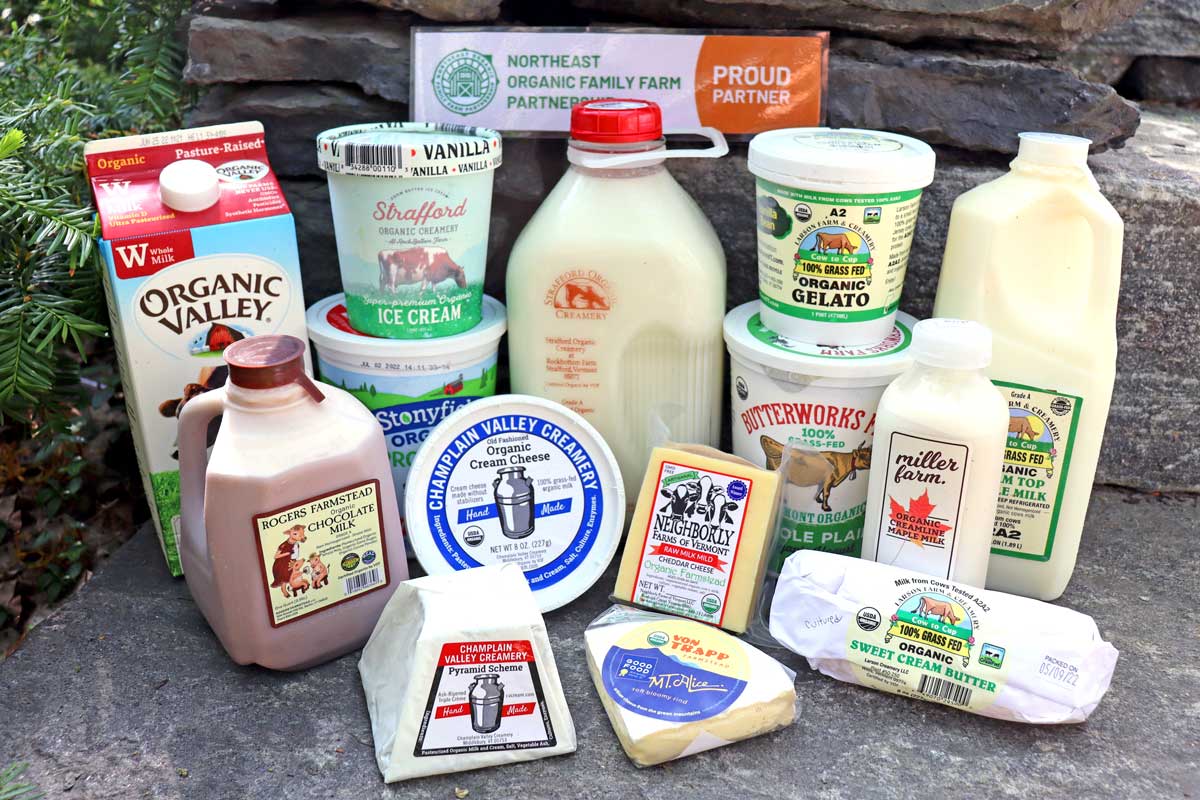
Information and Its Roots Matter
This article first appeared in the Addison County Independent on March 3, 2022, as part of the Climate Matters: Perspectives on Change weekly column. As the Communications Committee Chair for our Board of Directors, I organize the monthly contributions from our board members for the monthly e-newsletter. Three of our current directors are writing for the Climate Matters column: myself, Molly Anderson, and Samantha Langevin. We intend to share these columns with you, our member-owners, to bring together the values and urgency of climate justice with those of social and food justice, and to show the deep alignment with our Ends: “The Co-op exists to help our member-owners, customers and the community benefit from Healthy Foods; Vibrant Local Economy; Environmentally Sustainable & Energy Efficient Practices; Cooperative Democratic Ownership; and Learning About These Values.”
Information and its roots matter
By Nadine Canter
While it took me less than a minute to say yes to contributing to Climate Matters: Perspectives on Change, I am a reluctant columnist. I accepted this assignment because it is time. Time to share and attempt a similar path bravely taken by one of the greatest systems thinkers of our time, Donella Meadows (1941-2001).
Meadows resigned a professorship at MIT to become a newspaper columnist after a career in academia where she was notoriously famous for co-authoring the study and 1972 book, The Limits to Growth. The science behind The Limits to Growth showed that there was approximately 30 years left before planetary resources would be depleted. These results were based on data created from groundbreaking computer modeling at MIT generated by Meadow and colleagues in the early 1970s. While 30 years proved not to be a precise timeline, the conclusion— that a global economy based on the extraction of natural resources is unsustainable—is inarguable today. Then, critics in the scientific community of Meadows and her colleagues’ work attempted to discredit and vigorously challenge the results of the research.
For those of us still toiling to bring awareness to the same systemic problems, it is notable that Meadows and her colleagues were struck by the same curse we still wrestle with, the Cassandra Dilemma. The Cassandra Dilemma is the state of being a person whose valid warnings or concerns are disbelieved by others. The term originates in Greek mythology where the story goes that when Apollo was lovestruck by Cassandra, a daughter of the King of Troy, he gave her the gift of prophecy. When she didn’t return the feelings, Apollo placed a curse on her such that no one believed her predictions and warnings of future events. Environmentalist Alan Atkinsson wrote a 1999 book about this curse on the environmental movement.
The experience of being discredited forever changed Meadows. She lost faith in the Academy and saw the wielding of power in a whole new light. In time, she turned to where she believed she could have influence: she called it the Informationsphere. She writes: “A society that refuses to consider the idea that there are limits to growth is not going to bring forth a physical economy that fits within the constraints of the planet. A society that thinks there is an ‘away’ to throw things is going to find itself choking on its own waste. People who do not see nature as the support base for all life, including their own, will destroy nature and eventually themselves.”
Thus, she launched a new direction for her life’s work by writing a syndicated newspaper column (and to note, she also founded an institute focused on sustainability). She created and shared 15 tenets to address cultural realities and constraints that prevent the human species from acknowledging patterns and practices that must be overcome or suffer the consequences. I devoured her column, which was published in newspapers from 1986 until her untimely death in 2001. I live and work by a similar tenet: we humans need to look carefully at our patterns and choices in order to stop depleting our natural resources through our extractive practices that poison us as we transform those resources into energy (food, fossil fuels, and so on) and material goods. We are insatiable—driven by our consumptive ways that are ruled by a cultural story of scarcity. In no way do I claim to be free of this same lifestyle.
In my 30-plus years of studying, practicing, and teaching about environmental issues in the context of the Information sphere, my interdisciplinary social science training (I have two degrees in Communications studying the social impact of mass media aka the Informationsphere) is rooted in the following: we obtain our stories (information) from many sources (aka modes) and the stories themselves come in codes with multiple meanings encoded by a creator and decoded by a receiver. Meanings emerge from contexts we typically cannot see, but that we co-create as our dominant social paradigm. This culture—the water in which we swim—forms and holds our worldviews. In most cases, it is manufactured for us by the same people/institutions who wish to extract our attention and sell it, as if our attention and money are infinite resources. They are not.
I am a reluctant columnist. I don’t want you to know my name. Does it really matter what I think? I want you to know and understand what you think about climate change and social justice, as one cannot happen without the other. I want you to know how to make sense of what you hear, read, and ultimately feel. I want you to be able to see the patterns and places where you personally feel empowered to make a change that is neither disruptive nor scary. I want you to be aware of your own power—including the power of the pen, the power of the purse, and the power of community—ideas I’ll address in future columns. I want you to know that it is OK to follow and lead. That either/or is an expression of fear and limitation, and that both/and should roll off your tongue multiple times each day to support your ideas and visions, your neighbors’ ideas and visions, your personal expansion, and your capacity to love and experience pleasure.
Nadine Canter is a Middlebury Natural Foods Co-op Board Member


